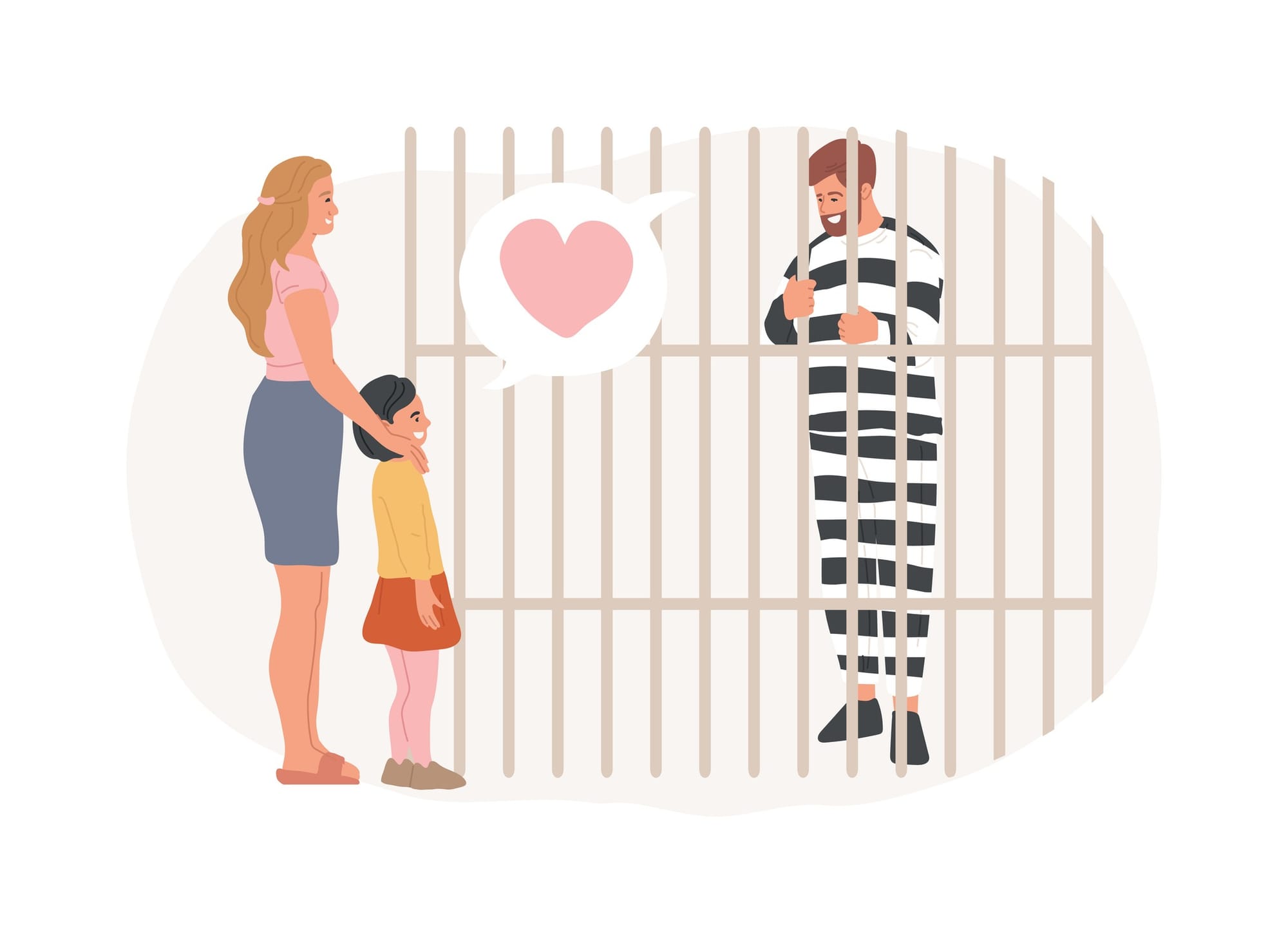
For many children, home is a place of comfort, a sanctuary filled with the nurturing presence of parents who provide love, stability, and guidance.
But for the children with incarcerated parents, the concept of “home” is often fraught with confusion, abandonment, and a profound sense of loss. These children, of whom there are estimated to be more than 40,000 in Australia on any given day, face unique and often invisible challenges as they grow up without one or both of their parents.
The emotional, psychological, and social consequences for these children can be overwhelming and long-lasting, yet their struggles often remain hidden from the public eye.
They’re rarely consulted about their experiences or opinions, with just three published studies in the past decade that have directly heard from children of prisoners.
So, what exactly can help them?
A new study from Monash University, commissioned by SHINE for Kids, and with funding from Paul Ramsey Foundation, aimed to fill this gap by speaking directly to the children.
The study sought to centre children’s voices so as to better-understand how to help them and other children navigate such an uncertain and unsettling situation.
The children, aged between 11 and 15 years old, were consulted during focus groups conducted by Associate Professor Catherine Flynn, from Monash University’s Department of Social Work in the Faculty of Medicine, Nursing and Health Sciences.
Taylah shows us what it's like to visit a parent in prison.#InsightSBS puts the children of Australia’s inmates front and centre to share what it is like for young people when their parents are incarcerated. Tuesday, 8:30pm: https://t.co/6kfUX2H6FG pic.twitter.com/3cIvUO2uKx— Insight on SBS (@insightSBS) October 28, 2018
Findings reinforce what is already known about children affected by parental imprisonment, but offer a nuanced, child-focused perspective.
Associate Professor Flynn says it’s clear that children’s thoughts and views reflect what researchers and advocates have been saying for a long time – that they need more support from the moment a parent is arrested to alleviate stress on already-stressed families, and for children to be seen and supported via existing systems, including educators, police and social services.
As one child observed:
“[If] your parent is in jail, and the teacher doesn’t know, and they ask you to answer a question and you weren’t listening … they could just go on to someone else … instead of saying, ‘You should have paid attention’.”
And another:
“Teachers, like, they don’t know what’s going on … you have to ask for support.”
The children also said the adults they encounter in the justice system, such as police and court staff, don’t really understand how they can help, and mostly ignore them.
“One thing that would be helpful is probably [police] taking that kid into the room, talking to them … and keeping their mind off the fact … so that kid doesn’t have to see [their parent being arrested].”
According to Associate Professor Flynn, Australia currently has no guidelines regarding supporting children during the time of parental arrest.
“Many children in our community confront the experience of parents being arrested on a daily basis. When we arrest adults, more often than not, we are arresting parents,” Associate Professor Flynn says.
SHINE for Kids is a national charity working with children whose parents are in prison, and CEO Julie Hourigan said the report will play a crucial role in guiding advocacy by presenting an, until now, missing perspective.
“The children have said they want to be treated with respect and be better-understood by the people they come into contact with during this difficult time. They mainly want to be heard,” Hourigan says.
“It's not a large ask. Opportunities to identify and support children are being missed from the time of a parent's arrest right through to sentencing and at school. This report highlights these missed chances by sharing children’s reflections on the people they wish could have better-understood or helped them."
Some of the recommendations the report puts forward to politicians and policymakers, based on what the children said, include:
Families need support offered in a timely way
Develop processes and strategies for identifying carers, and assertive outreach to families at key points where they intersect with the justice system.
More support for teachers to help the children
Teachers are identified as key potential helpers by children, but to action this teachers need to be upskilled about issues confronting children who have a parent in prison, and clearer guidance regarding information-sharing.
Build and support children’s connectedness to community
There is a clear need to recognise and let the children still be children, and to build their resilience through normal childhood activities and experiences, including still attending school and engaging in activities and hobbies, and having supportive peers.
Widen the scope of who can help
Currently, legal and justice system staff are as invisible to children as children are to them. Ensuring that those working in policing, courts and prison systems are both aware of children and can bring a “child awareness” to their work is vital.
Associate Professor Flynn says the struggles faced by children with incarcerated parents are complex and multifaceted.
“From emotional turmoil to financial instability, these children experience hardships that can shape their lives in profound ways.
“Yet, with the right support and resources, they can overcome these challenges and thrive. It is essential that we, as a society, recognise their struggles and provide them with the care they need.”





